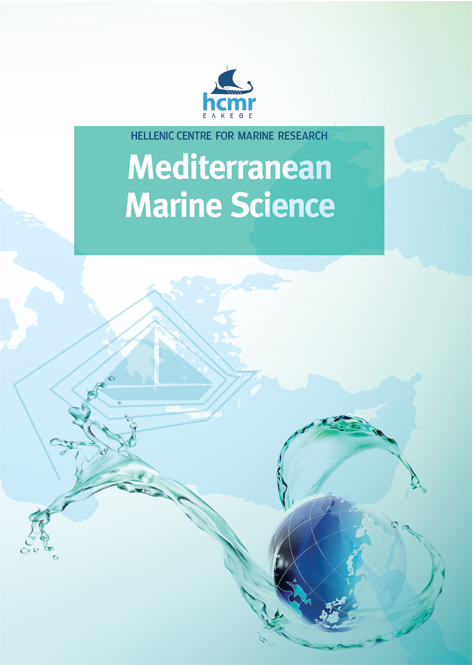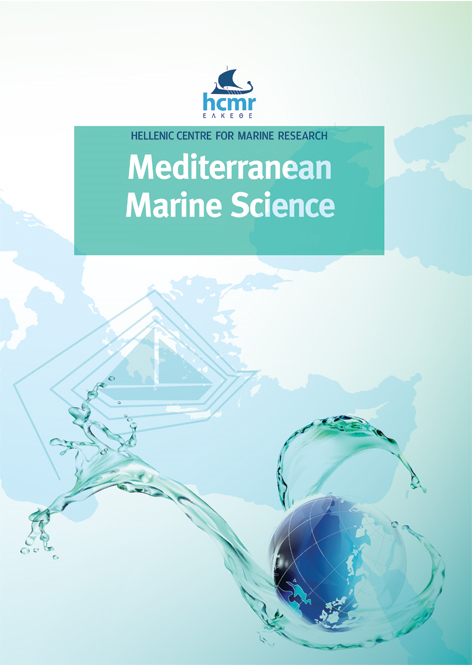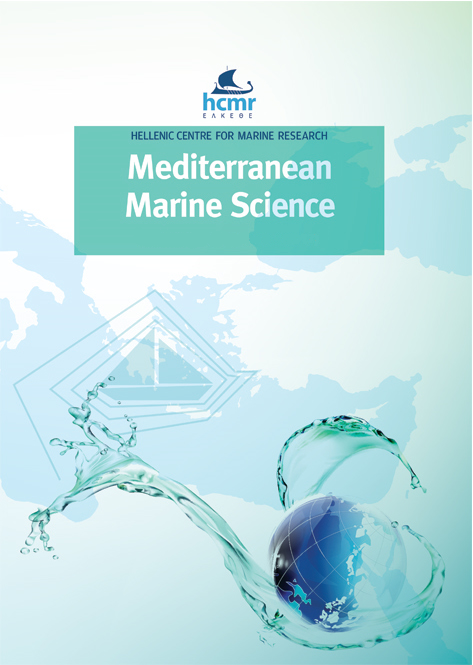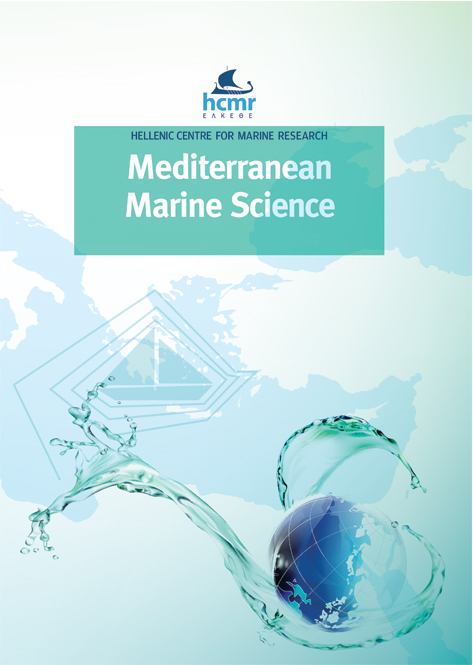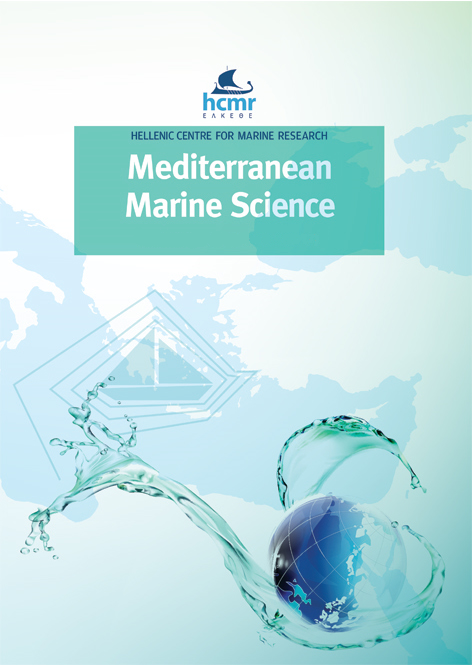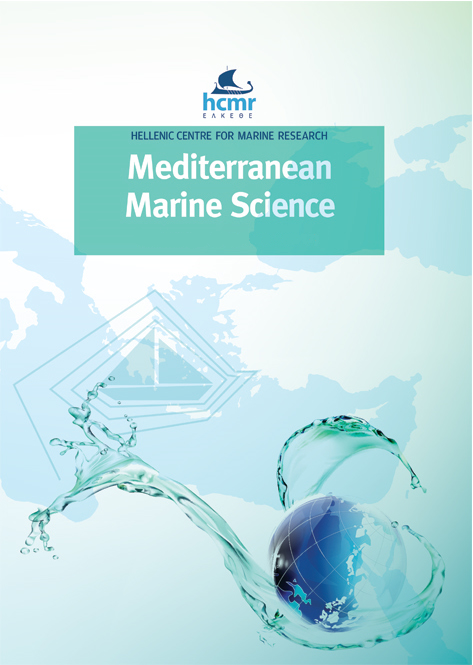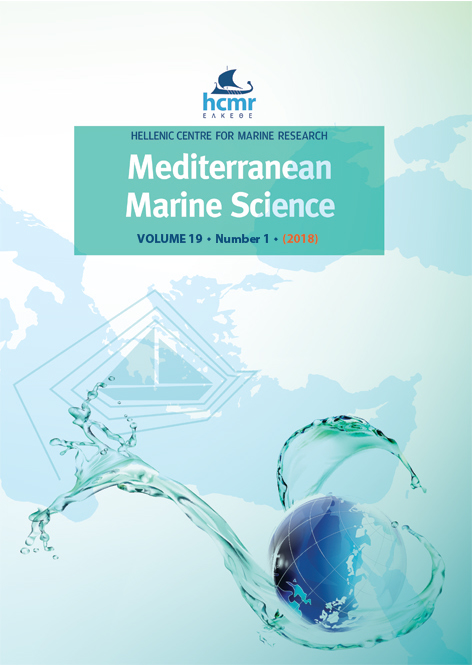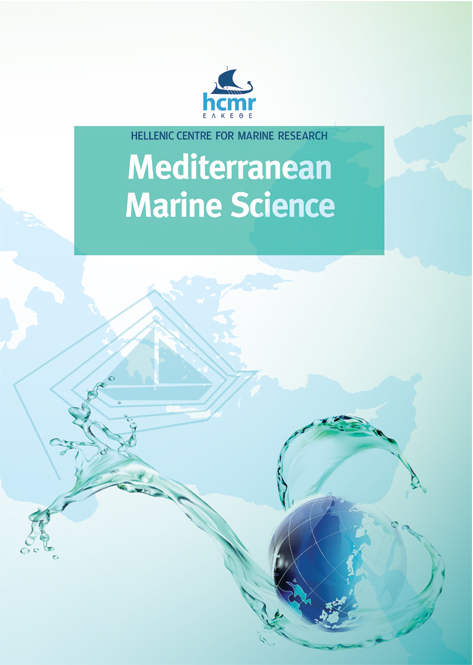Updated checklist of bony fishes along the Libyan coasts (Southern Mediterranean Sea)
Abstract
Here we provide an updated review of both native and non-indigenous ichthyofauna occurring in the waters of Libya, one of the largest and less studied marine areas of the Mediterranean basin. With respect to the most recent information, the list of Libyan bony fishes was updated with 104 species for a total of 304 listed taxa. Out of these species, 271 are native, 6 endemic to the Mediterranean, 22 non indigenous of Lessepsian origin and 5 range expanding taxa from Gibraltar. Information on the distribution and abundance of Lessepsian fishes along the Libyan coasts was gained through both field surveys and interviews with local small-scale fishermen, which contributed in filling large information gaps in the area. This combined approach allowed to gather a more complete representation of non indigenous species along the Libyan coasts and indicated three assessment areas, corresponding to the eastern, central and western sectors of the country, which should be considered in future monitoring programs.
Article Details
- Come citare
-
ELBARAASI, H., ELABAR, B., ELAABIDI, S., BASHIR, A., ELSILINI, O., SHAKMAN, E., & AZZURRO, E. (2019). Updated checklist of bony fishes along the Libyan coasts (Southern Mediterranean Sea). Mediterranean Marine Science, 20(1), 90–105. https://doi.org/10.12681/mms.15570
- Fascicolo
- V. 20 N. 1 (2019)
- Sezione
- Research Article
Authors who publish with this journal agree to the following terms:
- Authors retain copyright and grant the journal right of first publication with the work simultaneously licensed under a Creative Commons Attribution Non-Commercial License that allows others to share the work with an acknowledgement of the work's authorship and initial publication in this journal.
- Authors are able to enter into separate, additional contractual arrangements for the non-exclusive distribution of the journal's published version of the work (e.g. post it to an institutional repository or publish it in a book), with an acknowledgement of its initial publication in this journal.
- Authors are permitted and encouraged to post their work online (preferably in institutional repositories or on their website) prior to and during the submission process, as it can lead to productive exchanges, as well as earlier and greater citation of published work (See The Effect of Open Access).

